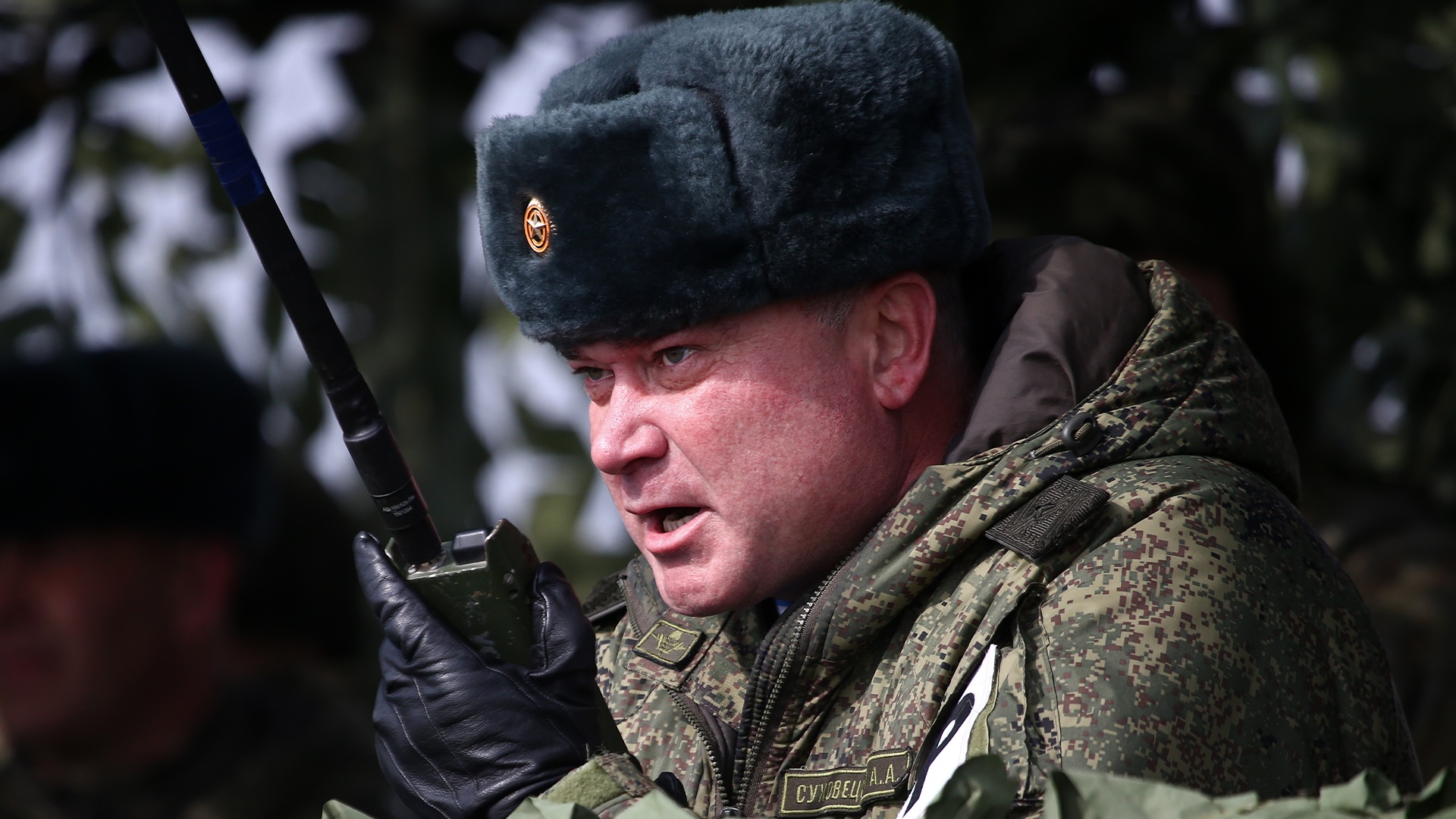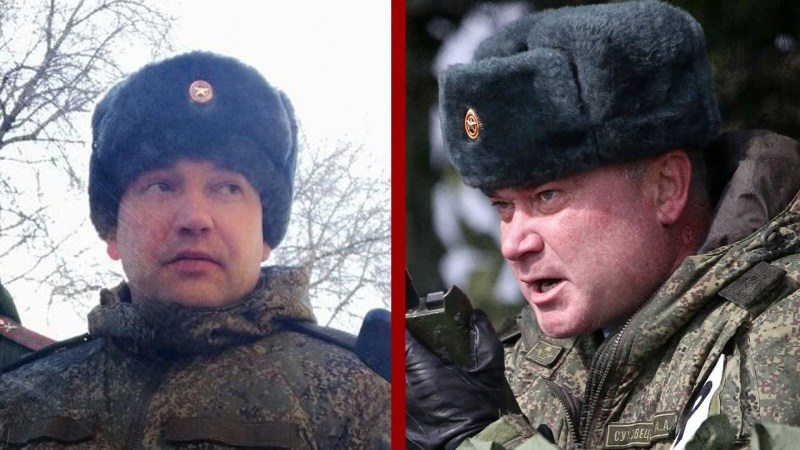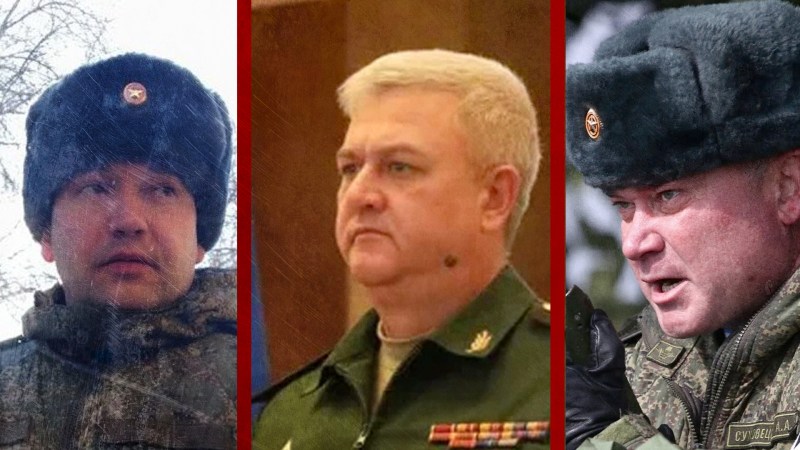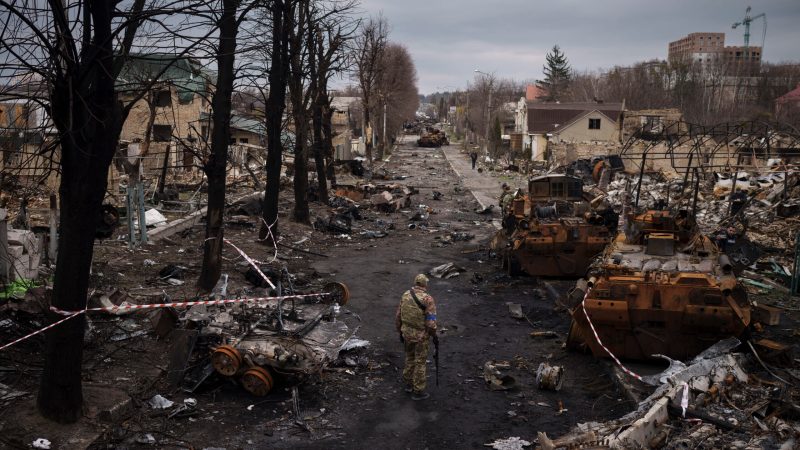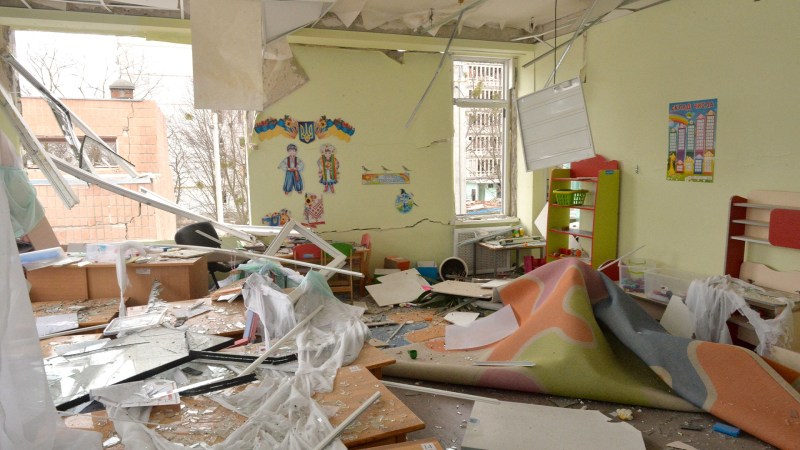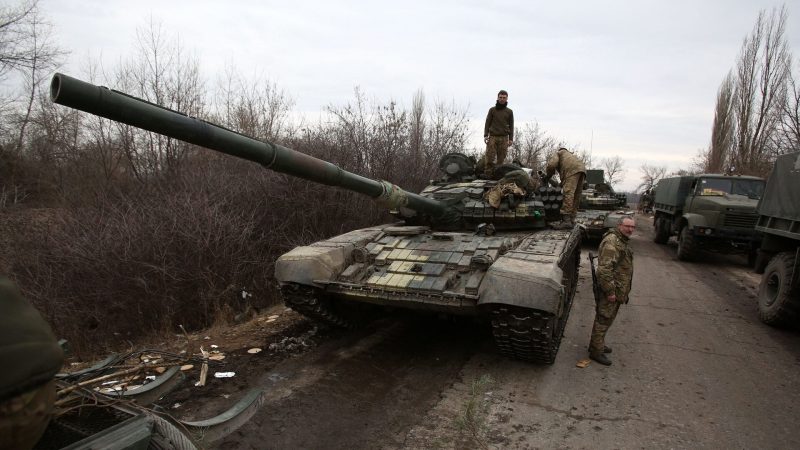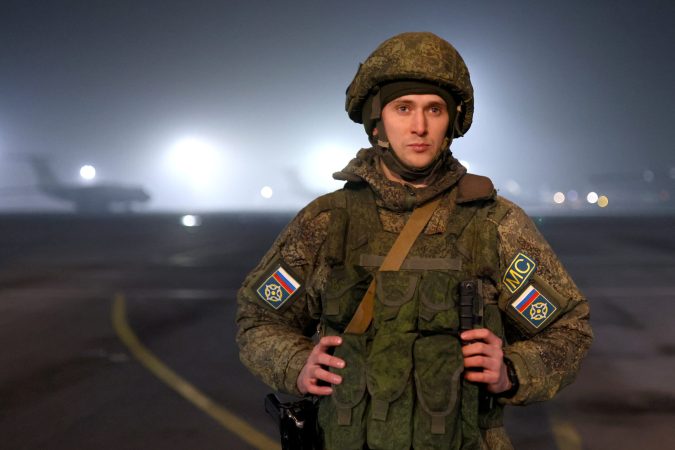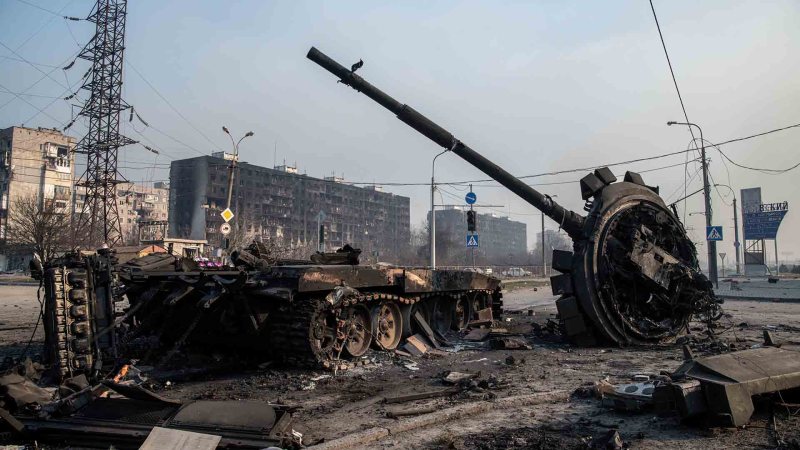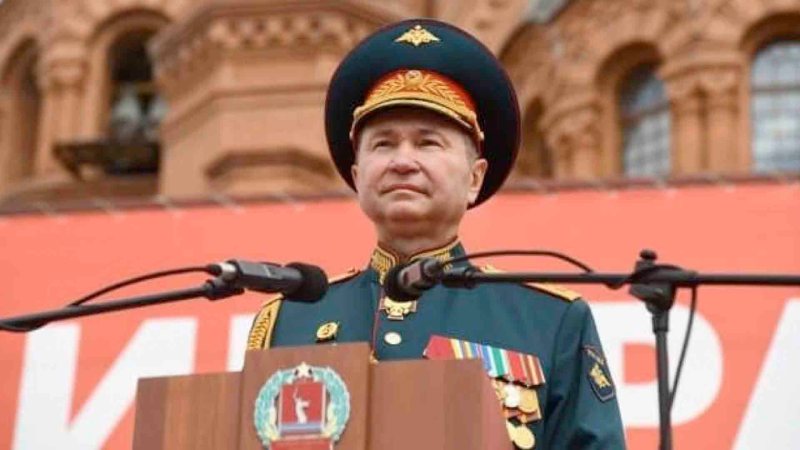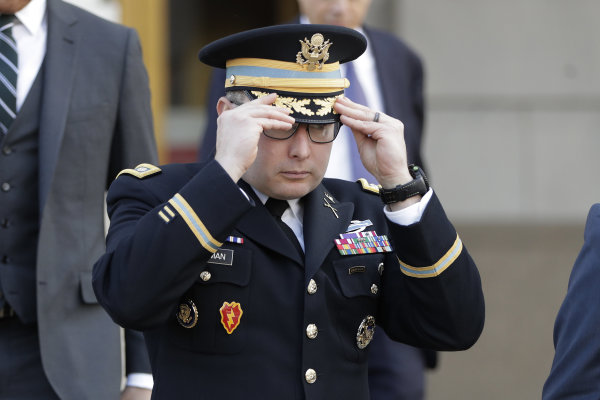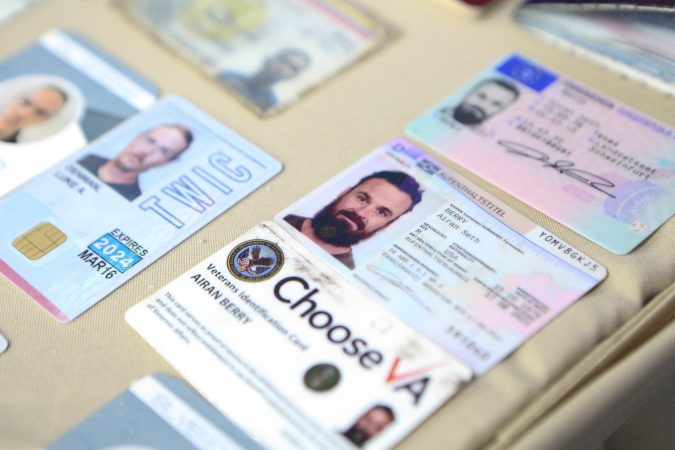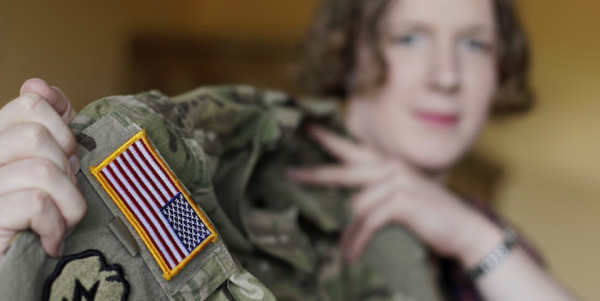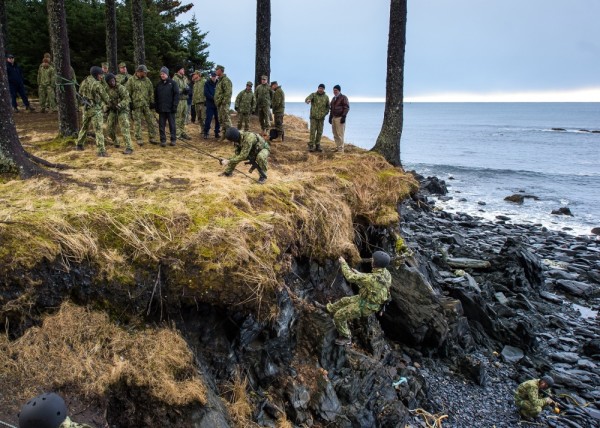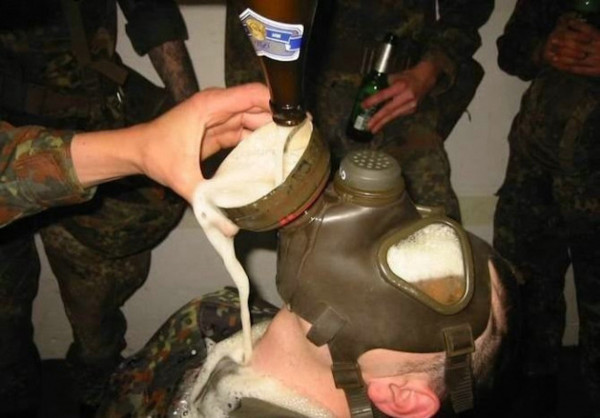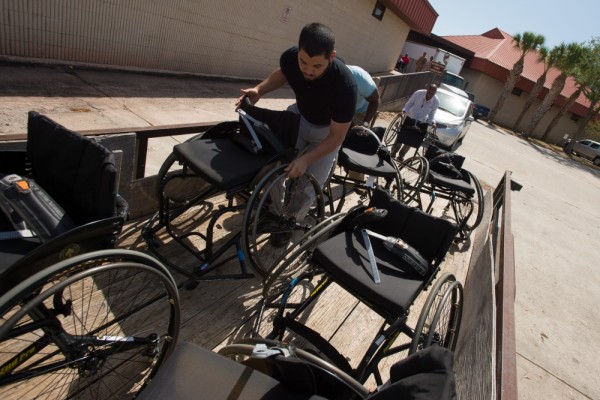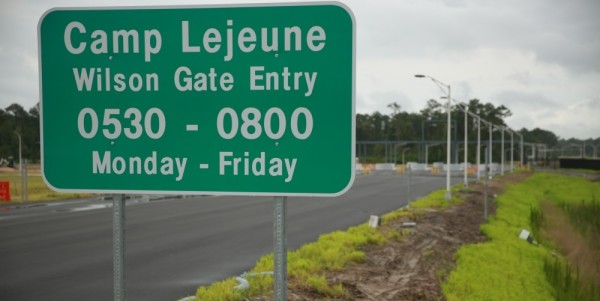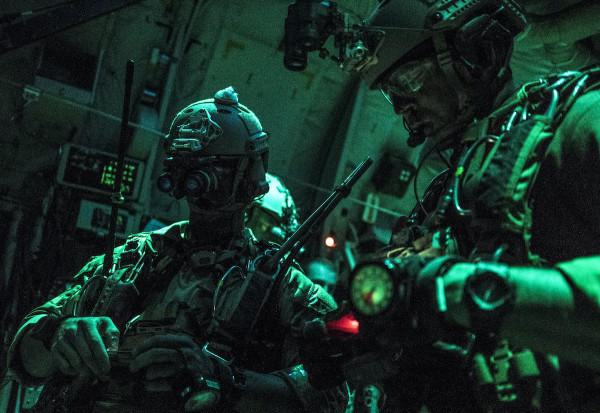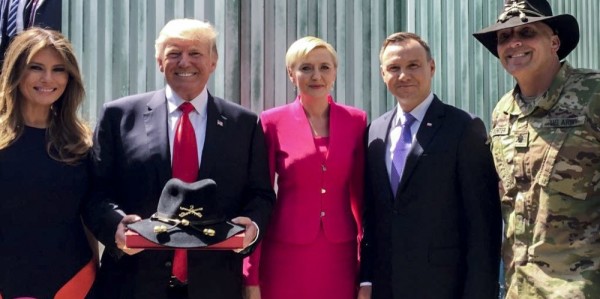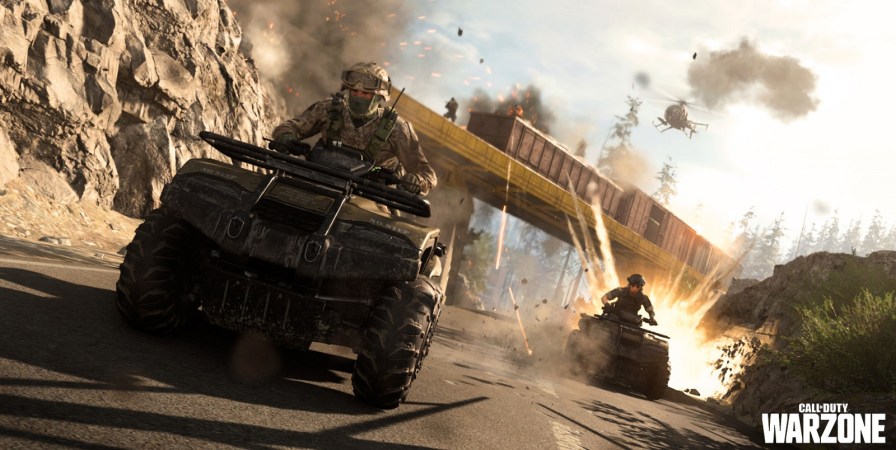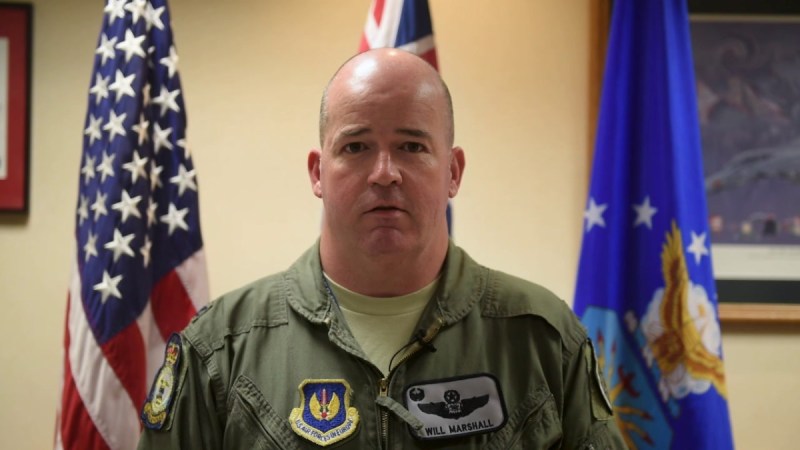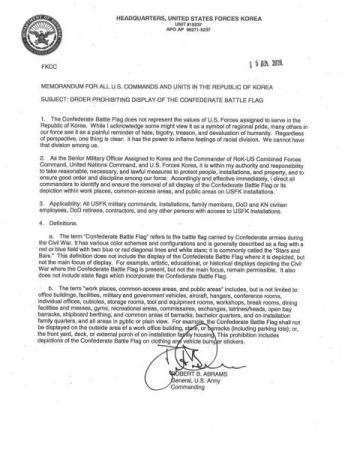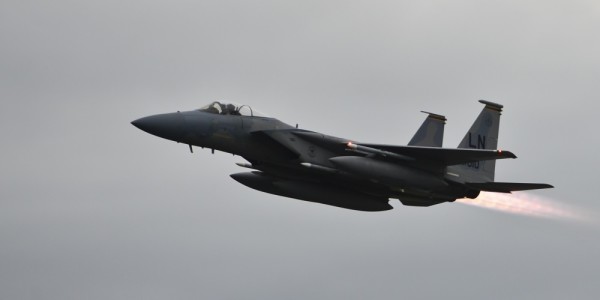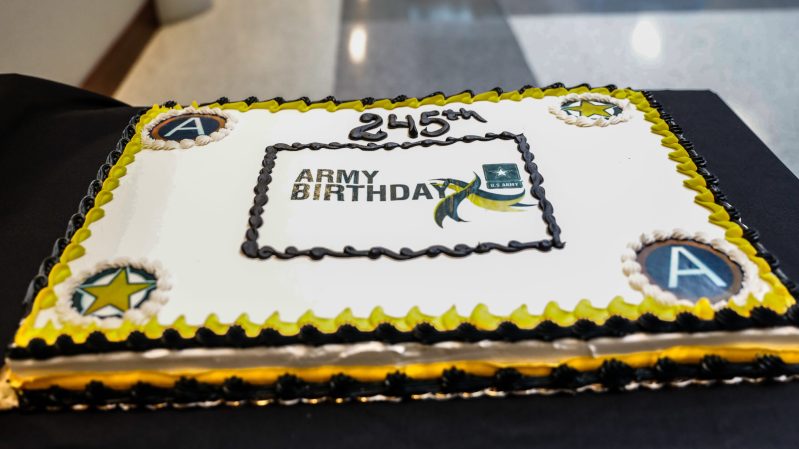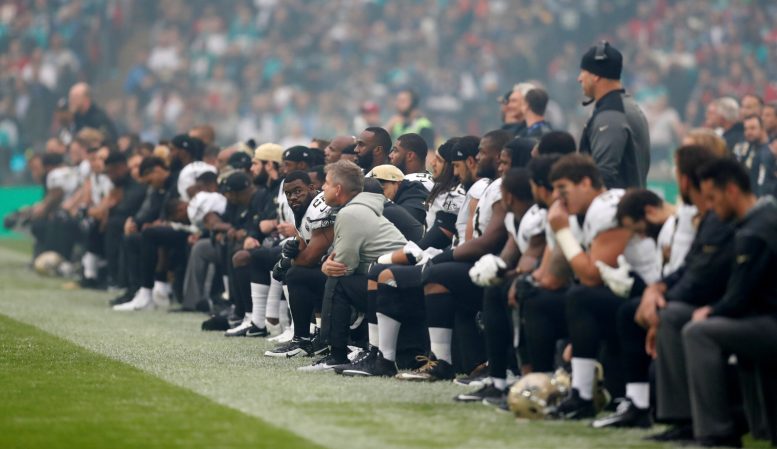A top Russian general was killed in the fighting in Ukraine earlier this week as Russia’s invasion of the country enters its second week.
Maj. Gen. Andrei Sukhovetsky was the deputy commander of the 41st Combined Arms Army, and had previously served as the commander of the 7th Guards Mountain Air Assault Division of Russia’s airborne forces, according to Newsweek.
The 41st Combined Arms Army is a field army that had been deployed to Yelnya, in western Russia near the border with Belarus and Ukraine since at least last November.
“That sounds big, but Russian units are scaled down,” said retired Army Lt. Col. Alexander Vindman. “So a combined arms army is closer in size to a division.”
And while Sukhovetsky was a member of Russia’s airborne force, a separate branch from the ground forces, his assignment with a combined arms army could indicate a greater degree of cooperation between the two branches, according to Vindman.
While the circumstances of Sukhovetsky’s death were unclear, the event was initially reported in both Ukrainian and Russian media, and confirmed Thursday by the Associated Press. A senior defense official said the U.S. could not confirm those reports Thursday.
The online Russian newspaper Pravda.ru cited a post on the Russian social media platform VKontakte by Sergei Chipilev, a member of a Russian veteran’s group called Combat Brotherhood.
“With great pain, we learned the tragic news of the death of our friend, Major General Andrey Sukhovetsky, on the territory of Ukraine during the special operation. We express our deepest condolences to his family,” wrote Chipilev, according to the Pravda translation, using the turn of phrase Russia has used to describe its invasion of Ukraine.
As reported by British newspaper The Independent, Russian President Vladimir Putin acknowledged the general’s death during a publically broadcast speech Wednesday.
Sukhovetsky had reportedly participated in Russian campaigns in Abkhazia, the North Caucasus and Syria.
Christo Grozev, executive director of Bellingcat, commented on Thursday that Sukhovetsky’s death could be a “major demotivator” for Russian forces. He also linked to a 2021 interview with the general in Russian media, in which Sukhovetsky was quoted as saying, “We train our officers to fight online: you see, you destroy.”
Since the invasion began last week, the Russian advance has been much slower than expected.
“I think that’s indicative of how it was planned,” said Vindman. “There was the expectation that they would be largely unopposed and the Ukrainians would just crumble. They didn’t have the supplies to sustain those units as they moved forwards, and their logistics convoys have been heavily targeted.”
Russian forces are now widely thought to have been reorganizing and adjusting their tactical plan earlier this week.
“You’ve likely had commanders and general officers having to move forward and assess what is happening,” said Vindman. “But the fact that they would move forward outside of a command post would be unusual, even after having pushed forces through still contested terrain, that would be unusual.”
The death of a general officer in combat is a very rare occurence on the modern battlefield.
While one general officer was killed during the Sept. 11 attack on the Pentagon, since the end of the Vietnam War, only one American general has been killed in action; Maj. Gen. Harold Greene, who was killed during an insider attack in Afghanistan in 2015.
“Is it meaningful? Of course,” said Vindman. “But the military trains people to step into positions. It’s probably a bigger morale loss than anything else, an indication of how tough things are going.”
What’s new on Task & Purpose
- The ‘Ghost of Kyiv’ is the first urban legend of Russia’s invasion of Ukraine
- Man calls into public radio with tips on how to make Molotov cocktails in Ukraine
- ‘Russian warship, go f–k yourself’ — Ukrainian troops make heroic last stand on Black Sea island
- The Navy is moving ahead with court-martial of a sailor accused of torching a $3 billion warship
- Military nuclear experts explain the actual danger of troops battling in the shadow of Chernobyl
- Here’s what those mysterious white ‘Z’ markings on Russian military equipment may mean
Want to write for Task & Purpose? Click here. Or check out the latest stories on our homepage.

